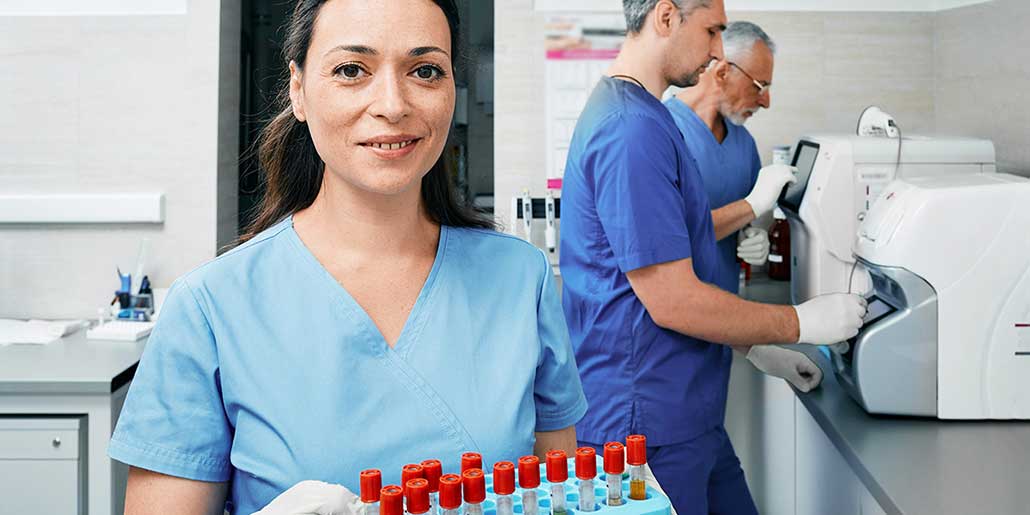Crucial Factors to Take Into Consideration When Picking one of the most Appropriate Medical School Curriculum for You
Selecting the most fitting medical college educational program is a critical decision that can substantially affect your instructional trip and future occupation course. As aiming physician, the option of curriculum ought to align with your individual understanding design and job goals. Nevertheless, beyond these initial factors to consider, various important factors enter into play when making this choice. By discovering the subtleties of teaching methodologies, curriculum versatility, and clinical direct exposure chances, a much more detailed understanding of what makes an educational program appropriate for you emerges. Let's discover these vital components that can form your clinical education and inevitably, your professional trajectory.
Personal Understanding Style

Clinical institutions that offer varied teaching approaches and resources can accommodate numerous learning styles, fostering a vibrant and inclusive instructional atmosphere. Eventually, understanding individual discovering choices equips pupils to make educated decisions concerning their clinical education, establishing a solid structure for their future jobs in health care.
Career Objectives Positioning

Furthermore, lining up job purposes with the medical institution curriculum can also boost motivation and engagement throughout the academic journey. When students see the straight relevance of their coursework to their future occupation, they are most likely to remain concentrated and committed to their research studies. Consequently, when choosing a medical school curriculum, it is important to carefully consider exactly how well it straightens with one's profession purposes to ensure an effective and meeting professional path.
Mentor Methods
Considering the positioning of career objectives with the selected medical institution educational program, an exam of the mentor methods used ends up being crucial in shaping the discovering experience. The efficiency of a clinical college curriculum greatly counts on the mentor techniques made use of by the establishment. Different training techniques, such as talks, little team conversations, problem-based knowing, simulation-based training, and hands-on medical experience, can dramatically affect just how well trainees comprehend and maintain details.
Simulation-based training permits trainees to practice clinical abilities in a regulated setting before interacting with real people. Hands-on scientific experience uses a firsthand understanding of client treatment and clinical methods.
When selecting a medical institution educational program, aiming trainees must take into consideration the training methodologies employed to make sure that their understanding choices and strengths align with the instructional method of the organization.
Educational Program Flexibility
When evaluating clinical institution programs, assessing the level of educational program adaptability is crucial for possible students looking for a tailored academic experience. Educational program adaptability refers to the degree to which students can individualize their knowing paths within the clinical college educational program. A curriculum that supplies versatility enables pupils to seek their interests, concentrate on areas where they need a lot more support, and engage in finding out experiences that line up with their occupation goals.

Potential medical trainees must take into consideration how a medical college's educational program versatility lines up with their learning preferences, career goals, and individual goals. By selecting a program that uses the best balance of informative post framework and adaptability, trainees can enhance their academic experience and prepare themselves for effective jobs in medicine.
Scientific Direct Exposure Opportunities
Exploring the practical application of clinical knowledge, clinical exposure opportunities play a critical function fit a comprehensive medical education. These possibilities supply pupils with indispensable hands-on experience in actual medical care setups, permitting them to connect the void between concept and method. When thinking about clinical school curricula, the top quality and quantity of clinical exposure must be thoroughly reviewed.
Reliable clinical direct exposure must offer a diverse series of experiences throughout different specializeds, making sure that students are exposed to different medical circumstances and client demographics. Exposure to outpatient facilities, inpatient wards, medical theaters, and emergency situation departments can help pupils create an all-around understanding of various facets of healthcare distribution. Additionally, possibilities for community-based treatment and communications with underserved populations can foster a deeper admiration for the social determinants of health and wellness.
Additionally, the existence of encouraging faculty and advisors throughout these clinical experiences can substantially enhance the understanding procedure. Professors advice and positive responses can aid trainees reflect on their clinical experiences, identify areas for renovation, and boost their clinical abilities and decision-making capabilities (Northeast Medical Institute CNA Classes Near me Stamford). Overall, durable medical direct exposure opportunities are important for preparing future medical professionals to deliver quality person treatment successfully
Verdict
In conclusion, when selecting a medical institution educational program, it is crucial to consider your see this page personal discovering style, positioning with occupation objectives, educating techniques, curriculum versatility, and medical direct exposure chances. These elements play a vital duty in determining one of the most ideal program for your instructional and professional development. Make sure to completely assess each facet to make an try this site educated decision that will certainly best support your growth in the medical area.
Understanding one's individual knowing design is crucial when choosing a clinical college educational program. By identifying one's learning style early on, striving clinical trainees can tactically choose an educational program that caters to their staminas, ultimately enhancing their learning experience and academic success.
When evaluating clinical college programs, examining the level of educational program versatility is crucial for possible students looking for a customized academic experience. Curriculum versatility refers to the degree to which pupils can customize their understanding courses within the clinical institution curriculum.In conclusion, when selecting a clinical school curriculum, it is important to consider your personal understanding style, alignment with occupation goals, instructing methodologies, educational program flexibility, and clinical exposure opportunities.